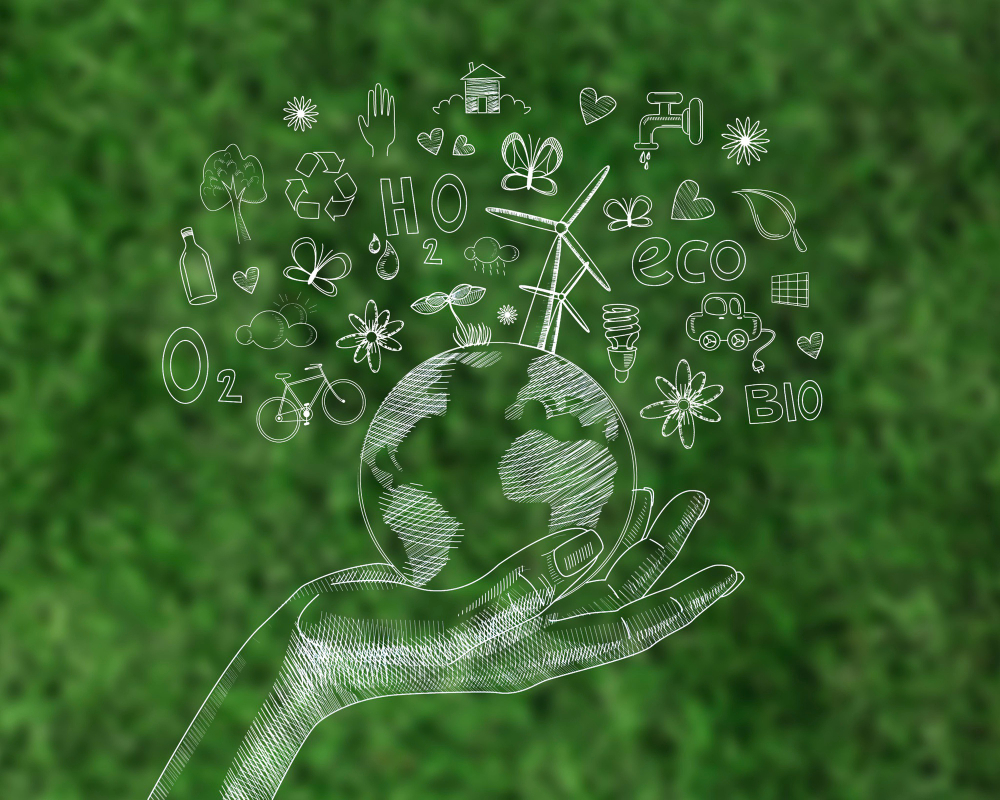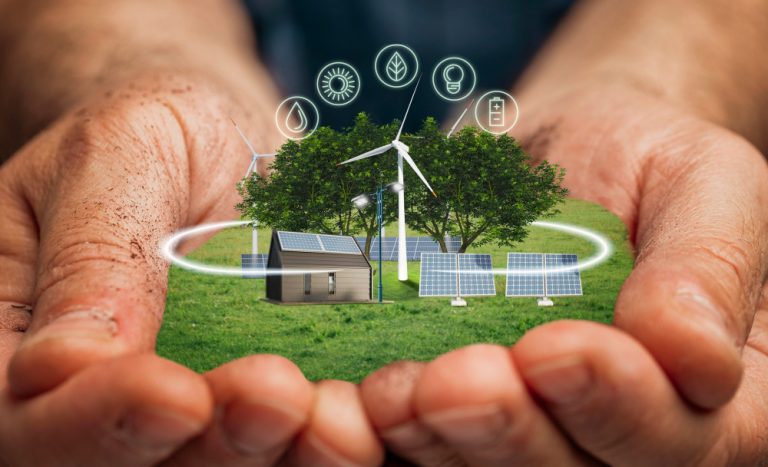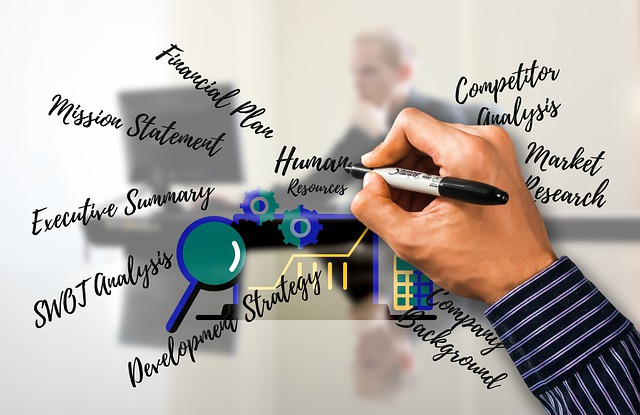
As the world struggles to combat climate change, the need for a sustainable economy is more urgent than ever. This means an economy that meets the needs of the current generation without compromising future ones.
In this article, we’ll explore the steps leading powers can take to pave the way for an economy that works towards a greener future for all.
Why do we need a sustainable economy?
Thare’s no denying – we’re fully responsible for the damage done to our environment. Slowly, but surely, we’re being warned
Our current economic model, based on constant growth and consumption, isn’t viable in the long run. It’s leading to increased greenhouse gas emissions which are affecting our ecosystems and contributing to climate change.
It’s time economies address these challenges and create a better future for ourselves and the next generations.
As Oxford professor Dieter Helm points out in his latest book – Legacy: How to Build the Sustainable Economy – we need to mend our ways in order to meet the needs of future generations. In doing so, Helm highlights the neglect of core infrastructures and what needs to change.
What’s stopping us?
Despite the urgent need for a sustainable economy, there are several barriers that have hindered progress. This, of course, is shared across the board. From the general public, all the way up to the government, we’re all under threat of a global crisis.
There’s a resistance to change from vested interests and powerful industries. Such companies have significant influence and often oppose measures aimed at reducing carbon emissions. This sees them as reluctant in transitioning towards renewable energy.
Another challenge is the short-term focus of the current economic system. Many businesses and governments put profits and short-term gains over the long-term health of our planet. This makes it difficult to invest in green practices that may have upfront costs but long-term benefits.
Lack of awareness and knowledge is also a key barrier. In fact, there are still businesses who are yet to understand the impact of their actions, as well as the need to go green.
A sustainable economy is necessary to address these challenges and ensure more protection for our planet. But it will require a shift towards eco-friendly practices and policies in various sectors.
Here are some key steps that can be taken towards achieving this:
Transitioning to renewable energy sources
One of the key pillars of a sustainable economy is transforming fossil fuels into renewable energy sources. Solar, geothermal and wind power, all offer a cleaner alternative to traditional fossil fuels.
Through investment, countries can help support renewable energy, reducing our reliance on fossil fuels. Helping to reduce greenhouse gas emissions, as well as creating new jobs in the renewable energy sector.
Promoting sustainable agriculture
The agricultural sector is a contributor to a rise in greenhouse gas emissions, deforestation, and water pollution. By adopting green practices, they can help address these issues both now and in the future.
Techniques, such as organic farming and biodiversity can make all the difference. Through reform, we can create a more resilient and environmentally friendly food system.
Encouraging sustainable business practices
This can include implementing energy-efficient technologies, reducing waste and emissions, adopting circular economy principles, as well as ethical sourcing and production.
Governments can steer this by providing incentives, to businesses that adopt sustainable methods. This in turn can motivate other businesses and industries to follow their lead.
Giving consumers a choice
More and more consumers are looking to play their part in saving the environment. It’s up to brands to help them by providing eco-friendly products as opposed to brands that use methods that damage the earth.
For companies this means changing practices, opting for more environmentally-friendly methods of production. They can also use packaging and advertising to showcase the sustainability of their products and brand.
It’s then up to the consumer to make their own choice. For some it may be a financial aspect that causes them to buy cheaper products that are bad for the environment. However, some consumers will specifically opt for products which aid in reducing climate change.
Investing in sustainable infrastructure
This includes energy-efficient buildings, efficient public transportation systems, and smart city technologies.
Governments and businesses can reduce energy consumption, cut emissions, and enhance the quality of life for citizens. Additionally, green developments, such as renewable energy plants and sustainable water management systems, can help create jobs and boost growth.
Fostering green innovation
Driving innovation and supporting green entrepreneurs is essential for the transition to a sustainable economy. It’s up to governments to provide funding, incentives, and support for green initiatives. This includes, promoting clean technologies, renewable materials, and eco-friendly products/services.
This in turn, will encourage a culture of innovation, of which we can develop solutions to environmental challenges. In addition, we can lead the creation of new opportunities for sustainable economic growth.
Meeting targets and regulations
We can’t reverse climate change overnight, but we can’t wait for it to happen naturally either. This is where governments and international bodies need to set clear targets and implement regulations that enforce green practices across various sectors.
While most leading countries have targets in place, it’s easy for them to fail to meet them or delay their implementation due to political or economic pressures. This is where governments need to put the environment at the centre.
Reassess these targets, and ensuring such commitments are enforced can kickstart reform. With a fresh sense of urgency to change, companies will have no choice but to adapt or risk facing sanctions and penalties.
Conclusion
Creating a sustainable economy requires collective effort from leading people, businesses, and governments. We need to change sooner rather than later to lay the foundation for a greener economy. It’s time to build a sustainable future where economic progress goes hand in hand with the environment.



